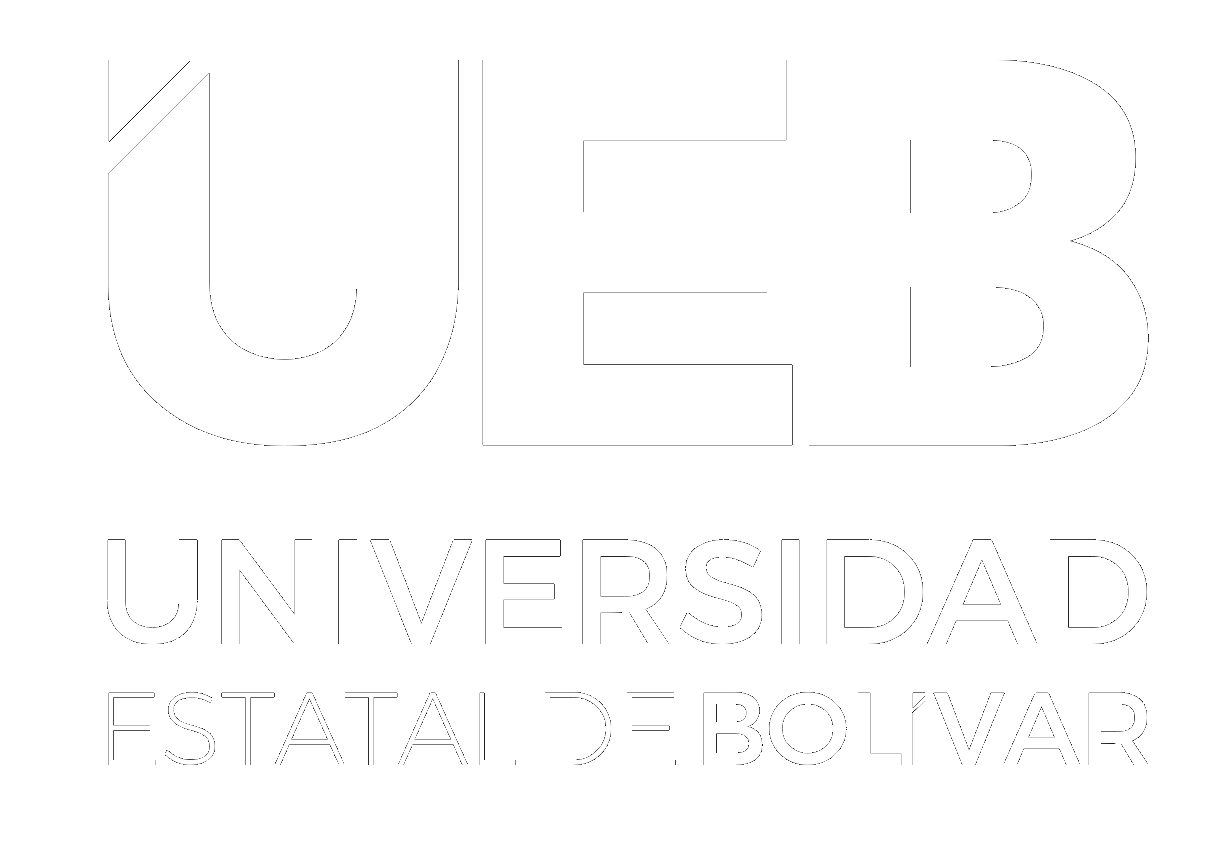Por favor, use este identificador para citar o enlazar este ítem:
https://dspace.ueb.edu.ec/handle/123456789/664| Título : | Los Juegos Populares En El Desarrollo De La Creatividad, De Los Niños/As Segundo Año De Educación Básica De Las Escuelas Juan Bernardo Dávalos Y Gonzalo Díaz De Pineda Parroquia Columbe, Cantón Colta, Provincia Chimborazo En El Año Lectivo 2011. |
| Autor : | Balla Aucancela, Ana Susana Cepeda Guamán, María Mónica |
| Palabras clave : | JUEGOS POPULARES DESARROLLO DE LA CREATIVIDAD |
| Fecha de publicación : | 2011 |
| Editorial : | UEB.FCE.CB |
| Citación : | FCE_CB;80 |
| Resumen : | The old concept of games as tools facilitators work as a teacher educator, turns to regard these "interacting" elements in the dynamic process of learning and mutual learning in the teacher and the student should be kept horizontally procedures so lets go enriching their knowledge skills and behaviors to solve everyday problems, from this point of view the investigation took on importance and need for school research center. Popular in the process of life games, he has been losing strength, product of acculturation, of migration that does not give them the true role to the traditions of his native place. The use of popular games is a tool that teachers use to develop both cognitive and psychomotor skills, also facilitates interpersonal relationships and communication. All this affects the student learning because it shows that a high percentage have low learning in different subjects. General methods such as inductive to learn fundamentals of the problems associated with the lack of practice of playful learning activities used in this research, techniques and instruments also facilitated the collection of information to develop an alternative proposal subsequently used in view of implementing and using the practice of popular games. This work consists of four chapters fully defined in Chapter I. an explanation of what the popular game where the definition and conceptualization arises is the importance. As the second variable is all about creativity, conceptualization, theories, types forms, etc., scientifically based content learning any area. Chapter II is the methodological strategies where it is located to the research purpose, level, place, further notes the methods, techniques and procedures for the treatment of information obtained. In Chapter III are shown the results of field research, the application of research instruments such as the survey of teachers and parents, these results enabled us to realize that is not oriented on the importance that parents and teachers take into account the interest and recreational development process of creativity. In Chapter IV we present a viable proposal with different strategies and activities that facilitate the development of the game as a means of developing creativity. Important research findings can say that parents do not give proper value to the practice of the game, besides teachers do not often use the realization of these games. It has come to the conclusion that the popular games are raising tools for both the teacher and parents, as long as there is a real understanding of the living habits of people in the community. Therefore a set of these popular games that are easy to understand and realization is proposed. |
| URI : | http://dspace.ueb.edu.ec/handle/123456789/664 |
| Aparece en las colecciones: | Educación Básica |
Ficheros en este ítem:
| Fichero | Descripción | Tamaño | Formato | |
|---|---|---|---|---|
| TESIS JUEGOS RECREATIVOS-MÓNICA.pdf | Articulo principal | 3,59 MB | Adobe PDF | Visualizar/Abrir |
Los ítems de DSpace están protegidos por copyright, con todos los derechos reservados, a menos que se indique lo contrario.

